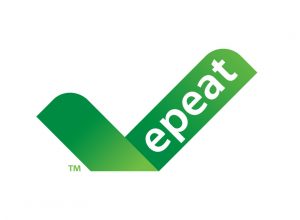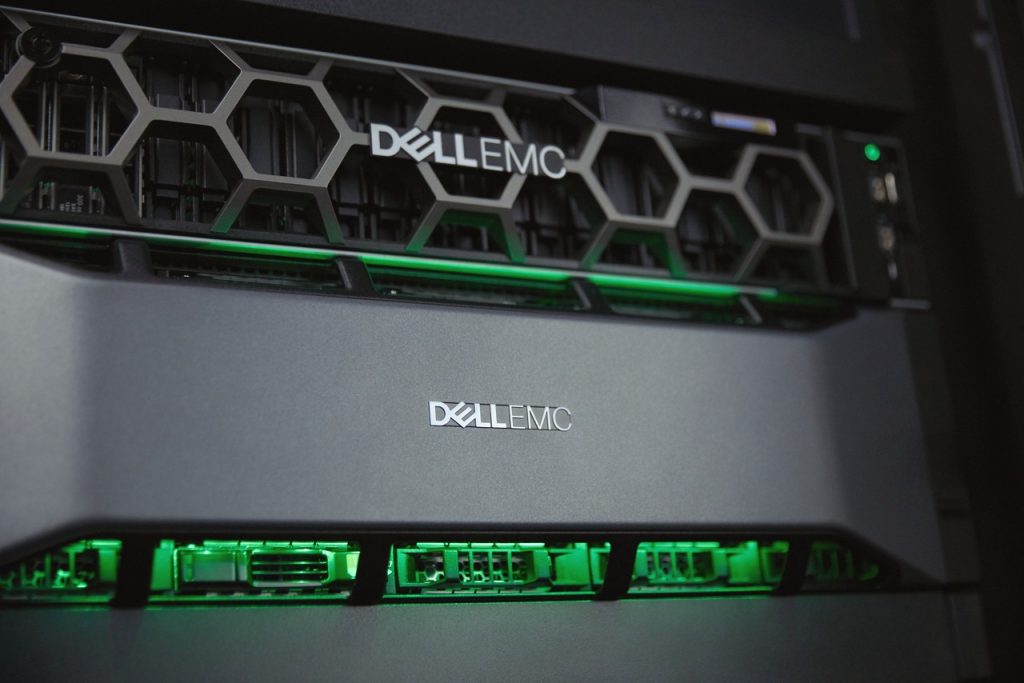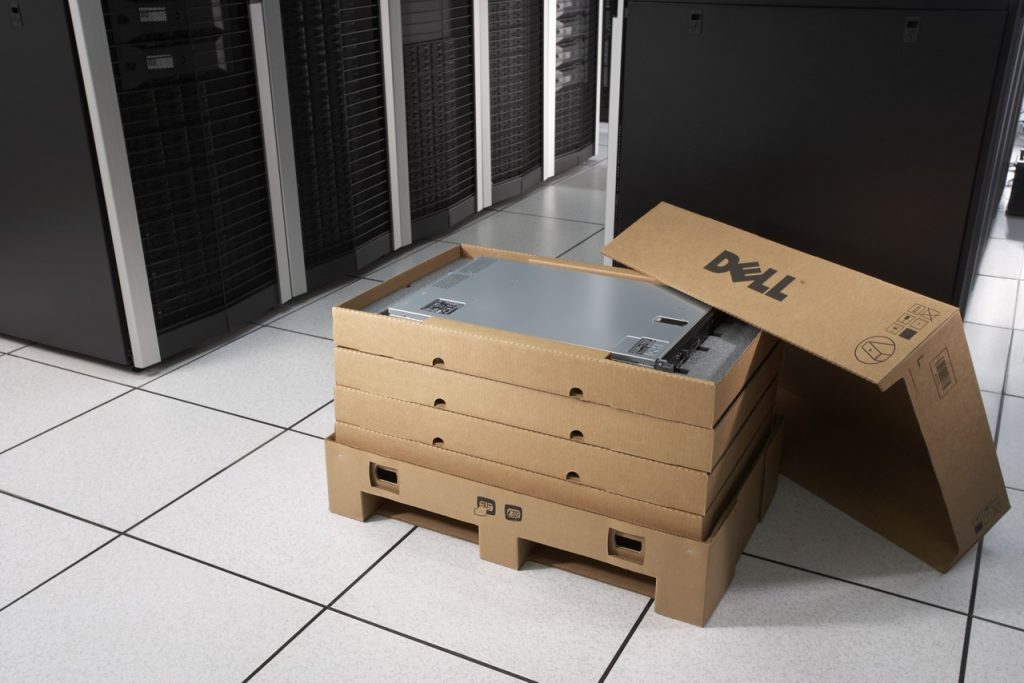Those who know the Electronic Product Environmental Assessment Tool (EPEAT) registry know it is one of the best indicators of sustainably produced electronics. The Green Electronics Council is expanding their registry to include a new server category, and customers can find multiple Dell EMC PowerEdge servers from the start.
Why EPEAT matters
Since it first launched more than a decade ago, EPEAT has grown into a trusted procurement tool for making responsible purchasing decisions. In addition to the newly launched server category (based on the NSF/ANSI-426 standard), EPEAT has separate registries for computers and displays (monitors), imaging equipment, phones and TVs. To qualify to EPEAT, a server must meet a core set of requirements in eight sustainability categories:

- Energy efficiency
- Management of substances
- Preferable material use
- Product packaging
- Design for repair, reuse and recycling
- Product longevity
- Responsible end-of-life management
- And the company’s corporate responsibility
For customers looking to ensure they have sustainability covered, EPEAT’s comprehensive approach is an excellent choice. What’s more, organizations find it easy to trust the EPEAT registry because the Green Electronics Council works with third-party assurance bodies to verify product claims. While EPEAT is a voluntary program, EPEAT is extremely important to the U.S. Federal Government and other country governments. Also, we often see requirements for EPEAT registration from customers in commercial RFPs.
A closer look at the energy efficiency criteria

Some of the criteria EPEAT uses for qualifying a product are likely familiar – like the U.S. EPA’s ENERGY STAR program. Dell has a strong focus on power and cooling with all our data center equipment. As part of Dell’s Legacy of Good goals, we committed to reducing the energy intensity of our whole product portfolio (2012-2020) by 80 percent. I’m very proud to say that servers lead the way, already achieving a 74.8 percent reduction in energy intensity.
This is complemented by the Fresh Air 2.0-capable hardware that comes standard with many 14th generation Dell EMC PowerEdge servers, allowing the equipment to run at higher temperature and humidity levels (up to 45°C/113°F at a 29°C maximum dew point); be cooled by clean outside air meeting ISA-71 G1 quality; and, be used in both air-side and water-side economized environments. And, as we know, these energy efficiency measures don’t just serve an environmental purpose – they help combat rising energy costs and can also help you reduce the total cost of ownership for delivering IT. In some cases, you can even save the need for building out new facilities.
Dell’s role in developing the new standard
As Lucian Turk, Sr. Principal Engineer for Environmental Affairs and our EPEAT Advisory Council member, explained to me, “A lot of work by a lot of dedicated people went into creating this new standard. It sets the bar for sustainable procurement tools very high and will give purchasers a clear window into the sustainability of the servers they are interested in.” He should know – Lucian played a major role on Dell’s behalf in helping develop the new standard.

Dell has been involved all along the way with the Green Electronics Council, helping develop their other standards as well. We believe globally harmonized standards on sustainability help move our whole industry forward. We have encouraged the adoption of criteria like the use of closed-loop plastics, recycling criteria, and social dimensions of the supply chain and production process.
The Green Electronics Council requires a Voluntary Consensus Process for developing standards, emphasizing openness, balance, and due process, among other principles. Their commitment to openness means a truly multi-stakeholder approach, involving sustainability advocates, manufacturers like us, purchasing professionals, government agencies, academics, recycling providers and policy representatives. This is another reason EPEAT is such a comprehensive tool.
Putting EPEAT to work for you
As the world begins shifting to a more circular economy, manufacturers need to innovate. Dell’s strategy is to look across the whole lifecycle of our products – from design to end-of-life and everything in between – in order to ensure we meet customer expectations and sustainability goals. It’s because of this focus that you can find so many products listed in the EPEAT registries.
You can search the new EPEAT registry for servers by selecting the server category or by searching by geography or by manufacturer. More information about the EPEAT program, purchaser guidance and other tools can be found on the Green Electronics Council website.
If you’re interested in learning more about the stories behind our sustainability, explore our Legacy of Good Annual Update.
